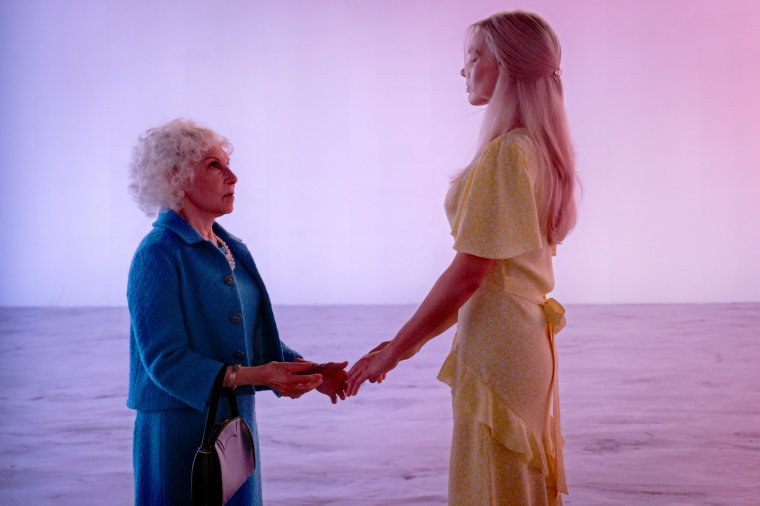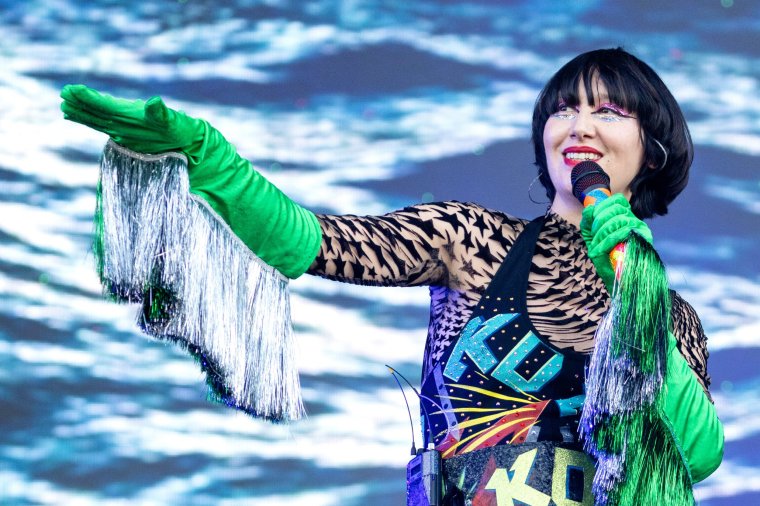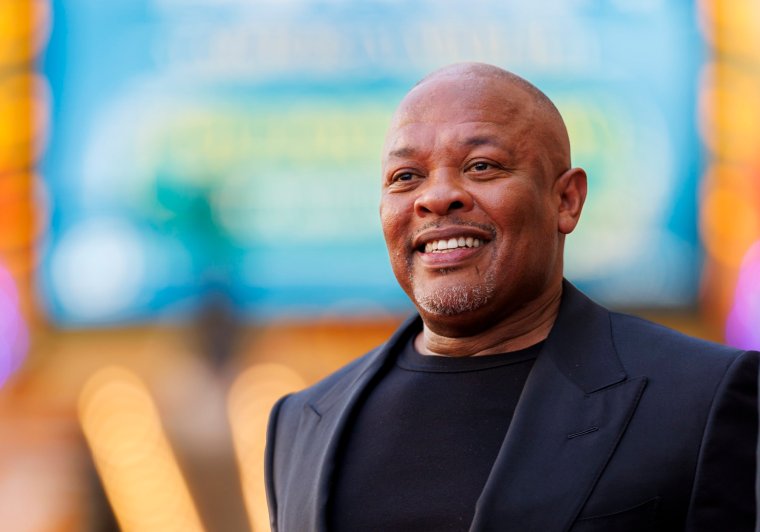Molly Lewis often finds herself having to explain her job to people. “Only every time I tell anyone what I do,” she says with a smile. It is perhaps inevitable when that thing is professional whistling. “It’s an unusual and niche thing,” she admits. “People don’t think it’s something musical or something one can do with their time.”
Yet Lewis has carved out an improbable position in Hollywood: in the LA hipster circles, where the Sydney-born Lewis lived for a decade, her otherworldly talent has seen her simply dubbed “The Whistler”. Whether on record or with musicians on stage, Lewis’s whistling has an enchanting quality, equally elegant and affecting: one critic described it as “part Snow White communing with the birds, part haunted theremin”. At her live shows, Lewis is a stylish presence centre stage: surrounded by lounge jazz musicians and mood-setting lighting, her arms move in tandem with the melodic oscillations coming out of her mouth, as if conducting the sound from her lips into the ether.
Lewis has been sought by Yeah Yeah Yeah’s Karen O, and whistled by actor Harry Dean Stanton’s death bed; she’s performed with Mac DeMarco, Caroline Polachek and actor John C Reilly and been summoned to Dr Dre’s studio; last year she featured on the Barbie film score at the request of Mark Ronson, a job she did so well she was invited to whistle “Happy Birthday” to Greta Gerwig at her 40th birthday party by the director’s husband Noah Baumbach. “He said that she really loved that part of the score,” Lewis says. “It was very intimate, just her close world. Everyone was really emotional because she’s just done something huge. Everyone was crying. I don’t even know her and I was crying.”

Lewis has her own music, too: two EPs, 2021’s The Forgotten Edge and 2022’s Mirage, predated this year’s full debut album, On the Lips, released on indie label Jagjaguwar. Retro and quirky yet far from a novelty, Lewis’s music is a sumptuous, evocative mix of Ennio Morricone’s spaghetti westerns and David Lynch dreamscapes, with her ethereal whistling providing melodic wonderment. While uncommon, she says whistling is just the same as any other musical tool. “It’s not an instrument for everybody. Most people are kind of shite at whistling,” she laughs. “What I do with it is music. I use it as an instrument.”
Lewis is on video call from her brand-new apartment in New York: so new, in fact, that behind the couch she’s sitting on are piles of unopened boxes. “Packing up was horrible, but this is the exciting bit,” she says. After becoming synonymous with LA, she’s seeking a new challenge. “In LA, I had gotten a bit lazy. I had my thing, which was wonderful, but I’m excited to be thrown into a new place and see what happens.”
She’s not sure exactly why, but Lewis was drawn to whistling from a young age. “I just learned how to do it. I’m not really sure at what point it turned into something I was noticeably good at. It wasn’t like ‘I’m a great whistler!’”
Her parents did spot her talent, though. Her film-maker father, Mark Lewis, has an interest in outsider subcultures – “he’s made documentaries about ferret competitions, the hairstylist Olympics, giant pumpkin growers… these strange worlds and communities” – and showed his teenage daughter the 2005 film Pucker Up, a heartwarming if somewhat Christopher Guest-like documentary about the world of competitive whistling. “It was amazing for me to see that there were professional whistlers out there,” she says. “But also realising that I could do it as well as they could. It gave me something to compare myself to.”

Her interest piqued, Lewis took part in her first whistling competition in Lewisburg, a tiny town in North Carolina, in 2012. It didn’t go particularly well: she won an award for “Whistler Who Travelled the Greatest Distance” – essentially a well done for turning up – and wasn’t overly comfortable performing. “I’ve always found whistling to be a little confronting. It was very hard for me in the beginning because it’s just you and your body.” But she got the bug. “It was amazing to meet these other whistle enthusiasts. That competition cemented it for me. That is my community.”
After studying film history, and a stint living in Berlin, Lewis moved to LA, immersing herself in the city’s decadent old scene of institutions like Musso and Frank, the oldest restaurant in Hollywood. “Places that have these deep cinematic pasts – as deep as LA past will go. That rich, strange history.” She fell into an alternative arty scene while she worked in the film industry, but carried on whistling, and competing: in 2015, she won the Masters of Whistling competition in LA. She harboured hopes of getting the odd whistling job as a session musician and with film scores, but figured it was very much a side hustle. “It’s very rare to find a whistling gig.”
Everything changed when one day in 2016 she received an Instagram DM out of the blue from Yeah Yeah Yeahs frontwoman Karen O. “I don’t even know how she found out about me. I definitely still had my day job.” O asked Lewis to perform at a tribute evening to cult American actor Harry Dean Stanton, star of Paris, Texas. The pair performed “Just a Closer Walk with Thee”, an old standard, with O giving Lewis free rein to compose a whistle solo.
The evening was such a success that Stanton, who had been in attendance, asked Lewis to whistle for him on his death bed via their mutual friend Sonny, a bartender at Musso and Frank who was an old friend of writer Charles Bukowski. “It was emotional. But he was still himself. He was asking nurses for cigarettes. He kissed my hands. He was a total charmer.”

Lewis soon began her own night, Café Molly. The first was a tribute to the recently passed Alessandro Alessandroni, the Italian who whistled some of Morricone’s most famous work. But the night evolved conceptually “into the kind of musical event that I would want to stumble across, a moody lounge show with wonderful music, candles on the table, and you sit and listen”. It quickly became a draw for LA’s switched-on creatives: Mac DeMarco, Caroline Polachek and John C Reilly were among those who stopped by to play. She loved performing with musicians. “It’s so much more fun. It makes it less about me. It’s not just focused on the whistle.”
It seemed everyone in the know wanted a piece of Lewis – even Dr Dre, who via his producer asked Lewis to come to his studio. “His producer said, ‘We’re looking for some dope whistles.’ I didn’t know what to expect. But [Dre] came in and shook my hand and was very sweet. He was like, ‘I have to see this.’ We were hanging out. He even kept whistling.” She laughs. “And not very well.” And did she provide dope whistles? “I like to think I provided some dope whistles,” she says. “It was a dope experience.”

For all this exalted company, it was only during lockdown that Lewis decided to pursue her own music. “It wasn’t like, ‘Now’s the time.’ I was just at home like everyone else, not doing much.” She started learning guitar and discovered she not only enjoyed it, but was good at it. “I found it very easy to compose melodies over the top of guitar. It was a lovely combination.” But she wasn’t quite sure if that was enough to qualify as a song. “That seemed quite daunting to me: is this a song? Is this just a simple little ditty? Like, I don’t know, what is this?” She had “millions of little voice memos” she didn’t know what to do with until she met producer Tom Brenneck, who helped Lewis flesh out her vision with structure and musical accompaniment.
On the Lips is strikingly vivid, invoking a romantic LA noir of enigmatic, smoke-filled clubs and lounge-y exotica. Lewis says she didn’t centre the whistling – “I’m not thinking ‘this is whistle music’” – but rather just made the music she wanted to hear. The whistling acts as “any wordless instrument”, there to convey emotion. “The music that I love is film scores and soundtracks, stuff that feels like you can conjure worlds. I think: ‘Where does this song belong in a visual world?’”
It made Lewis a perfect choice for the striking visual world of Barbie. For the film’s score, Lewis whistled the melody of Billie Eilish’s Oscar-winning megahit, “What Was I Made For?”. Mark Ronson had seen her perform at a Café Molly night and flew her to New York specifically. How does it feel to be officially part of the Barbie universe? “I mean, I’m not, like, a huge Barbie person,” she says cautiously. “It’s not like I was like. ‘Woohoo, Barbie!’ But I love movies. So I love being part of this pop culture phenomenon”.
Now she’s conquered Hollywood, Lewis might just start a new whistling craze everywhere else, too.
Molly Lewis performs at The Lexington, London, on Wednesday 17 April


